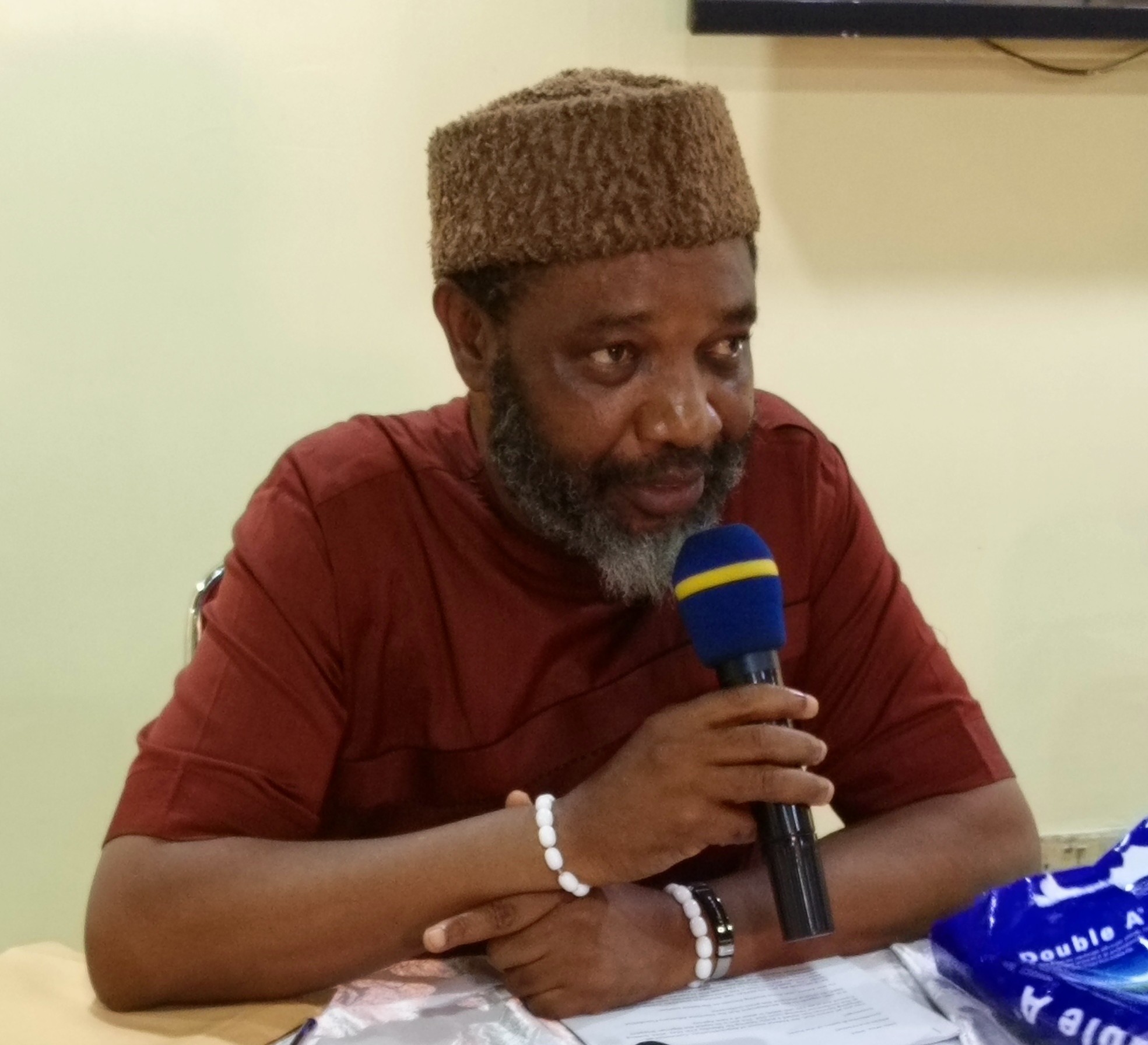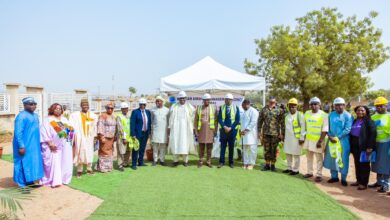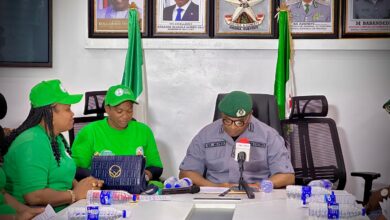
As Nigeria marks 65 years of independence, the Sea Empowerment and Research Center (SEREC) has called for bold reforms in the maritime sector, warning that despite visible progress, the industry remains constrained by deep rooted structural weaknesses that continue to limit its economic potential.
In a statement titled “Nigeria at 65: The Maritime Scorecard We Cannot Ignore”, written by the Head of Research at SEREC, Forwarder Eugene Nweke , described the anniversary as a moment for sober reflection on sectors that underpin Nigeria’s survival, particularly the maritime industry which serves as the nation’s economic lifeline, handling more than 80 percent of its trade.
Nweke acknowledged some strides made over the years, including the expansion of key seaports such as Apapa, Tin Can, Calabar, and Onne, as well as Nigeria’s regional leadership in the Gulf of Guinea anti-piracy campaign. He noted that the growing pool of trained Nigerian seafarers and the recent re emergence of a national container shipping operator also point to renewed ambition in rebuilding Nigeria’s maritime identity.
However, he stressed that the sector’s narrative is still dominated by its unrealised potential rather than its achievements. He lamented that Nigeria’s shipyards remain import dependent and uncompetitive due to the collapse of the steel industry, making large scale ship repair and building nearly impossible. He further noted that the absence of functional rail and inland water connectivity continues to make ports excessively road dependent, thereby undermining trade efficiency and competitiveness.
While commending the creation of the Ministry of Marine and Blue Economy as a step toward diversifying Nigeria’s revenue base, Nweke warned that the Blue Economy policy must move beyond paper declarations to practical implementation. He argued that fisheries, aquaculture, ocean energy, and seabed mining could serve as new engines of growth if anchored on sound research, sustainability, and transparent regulation.
The SEREC research head also emphasised the need for the government to link maritime development directly with industrialisation, especially through the revival of the steel sector even via modular mini mills to establish a credible shipbuilding and repair base. He urged maritime agencies to move beyond boasting about revenue collections to demonstrating tangible impact by reducing port costs, improving cargo flow, and enhancing trade competitiveness.
Nweke expressed concern that environmental sustainability is yet to be mainstreamed into port operations, warning that Nigeria risks falling behind global decarbonisation standards. He also highlighted that despite significant improvement in maritime security, the cost of transiting the Gulf of Guinea remains high due to persistent piracy premiums and war risk insurance charges.
He said that after 65 years of independence, Nigeria must move from ceremonial speeches to decisive execution. According to him, the next decade must prioritise steel revival for shipbuilding, disciplined governance of the national carrier, green port development, regulated seabed mining, empowered seafarers, and multimodal integration.










One Comment